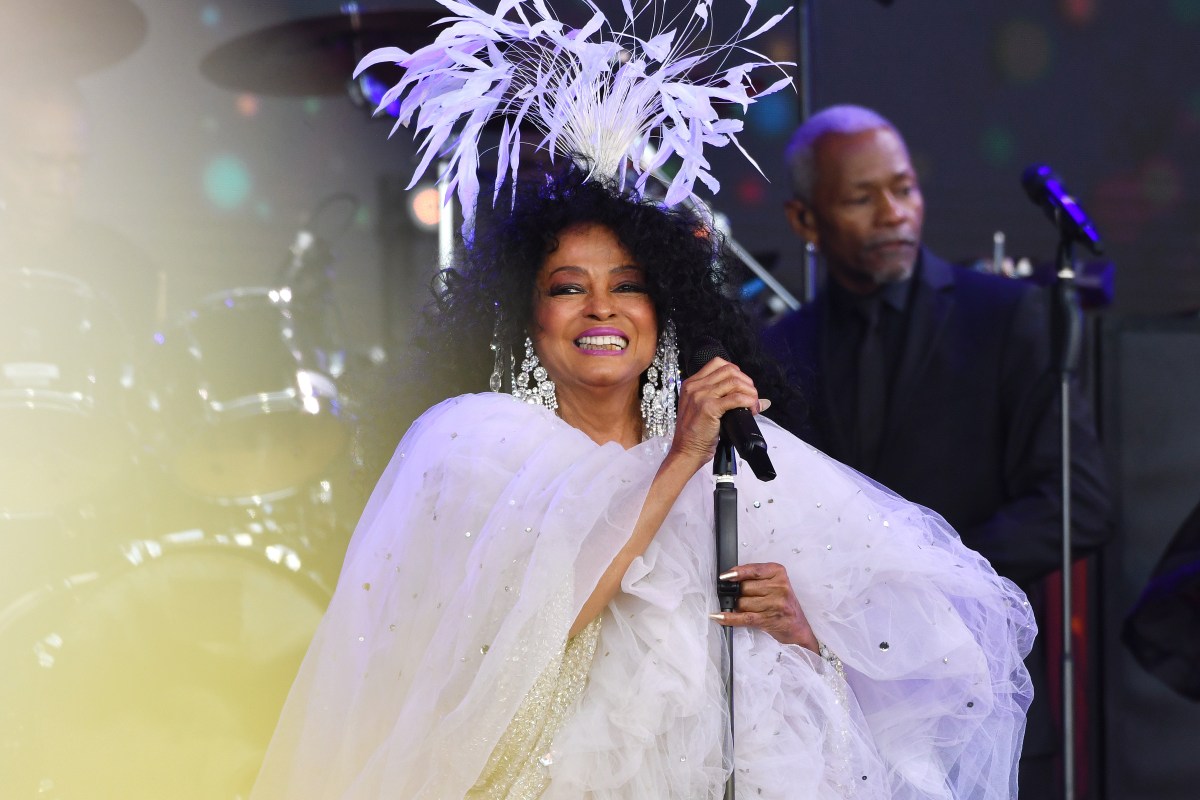
‘Socrates’ runs through June 2 at the Public Theater. 425 Lafayette St., publictheater.org.
Socrates famously never wrote down any of his teachings, but that didn’t stop Plato from putting words into the philosopher’s mouth in lengthy dialogues like “The Republic,” and it hasn’t stopped actor-writer Tim Blake Nelson from doing the same thing in “Socrates,” a long-winded historical drama receiving its world premiere Off-Broadway at the Public Theater as part of “Onassis Festival 2019: Democracy is Coming.”
Michael Stuhlbarg (“A Serious Man”), whose relationship with Nelson goes back to drama school, plays the title role in this three-hour production.
Narrated by Plato (Teagle F. Bougere) as part of his discussion with an unnamed teenage boy (perhaps the young Aristotle), the play looks back on the life and times of Socrates, including his relentless questioning of fellow Greek citizens in public (known today as the “Socratic method”), trial for alleged impiety and eventual execution by drinking hemlock.
Tony-winning director Doug Hughes (“Doubt”) has brought together a 16-member cast comprised entirely of men except for Miriam A. Hyman (who plays Socrates’ wife, Xanthippe).
Whereas one might have expected a simplified dress code of contemporary attire, “Socrates” features elaborate draped clothing appropriate to Ancient Greece circa the 5th Century B.C., as designed by Catherine Zuber (“My Fair Lady”). The scenic design by Scott Pask (“The Band’s Visit”) resembles an open space plus some sauna-style benches and Rosetta Stone-like panels bearing Greek inscriptions.
Scenes involving the trial extend beyond the stage, with Socrates and his accusers addressing the audience as if it is the Athenian jury.
Some parts of the play drag on endlessly (including an early speech in which Socrates is praised by a young and handsome military leader) and depend more on pensive verbal exchange and convoluted explanations than drama, but other portions are engrossing and moving. The flashback structure is clunky and choppy.
Stuhlbarg (with an emphatic tone, jocular attitude, sullied robe and long gray beard) delivers an all-out performance that is vigorous and invigorating. He is ably supported by the fine ensemble cast, which moves fluidly under Hughes’ direction and handles double and even triple casting of minor roles.
The production’s limited run has already been extended multiple times, suggesting that in the current political environment, there is a keen interest in learning more about a key figure of Western civilization who was obsessed with learning the truth in spite of all costs.
































